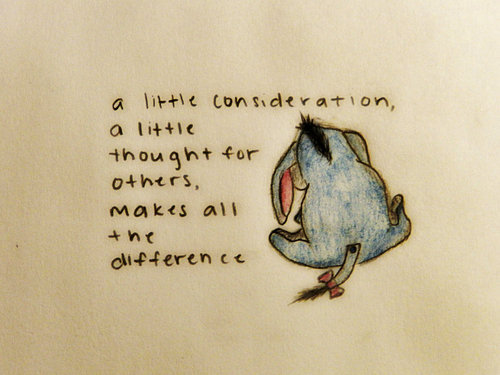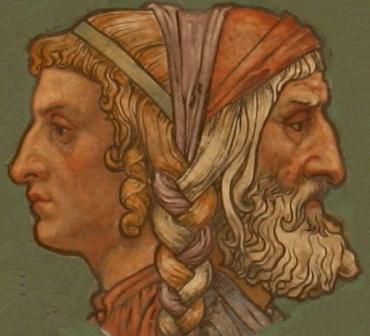The story, unfortunately, is becoming all too familiar. Some young person or persons, usually male, decide to act on a set of beliefs that require (or at least give permission for) some heinous event. The Charlie Hebdo horror is just the latest in a long litany. One of the things that differentiates this particular tragedy from others is that one of the terrorists, an 18-year-old named Mourad Hamyd, surrendered to authorities. Had he not, he probably would have suffered the same fate as his fellow-terrorists did this morning (Friday, 1/9) -- dying during an assault by French police on their hide-out.
Over the last few days, as the global media has (rightfully) given major coverage to this story, I've not heard a lot about Hamyd. Yesterday (or was it Wednesday?), however, an interview about him on National Public Radio could have been lifted from some previous stories about individual terrorists -- both domestic and foreign. The interviewee (through an interpreter) couldn't understand what had happened to Hamyd. "Yes, he was a kind of "lost soul" who had become captivated by a extremist preacher. But to go to this length? That wasn't like him."
How many times have we heard about "loners", or those who "don't fit in", finding their sense of meaning, or belonging, in a group/community that stands outside the mainstream -- perhaps to the extreme? One of the (almost) universal characteristics of all humans is that we want an identity -- a name. We want that identity confirmed by others. We want to be known. When those most regularly around us don't provide that, then we look to find other communities that will provide what we find missing . . . even if those "communities" may ultimately be harmful to us.
I have no intention of "excusing the perpetrators" in these kinds of situations, or turning them into victims. I only want to consider the issue of how much the rest of us do to include those who are not like us, or who have trouble "fitting in"? When faced with other-abledness, or a different language, or different skin color, or different religious or political persuasion, or [fill in the blank], do we immediately "write them off" and consign them to their "fate" (which, of course, may not be a good for the body politic)? Or do we try to engage, to understand -- not necessarily in order to persuade -- but simply to give them the voice they deserve as another human being, to hear their frustrations and hopes, their longings, their humanity. Perhaps, then, we can help them find a place where they can stand, if not with us, at least not against us.
We all want to say "Je suis . . ." And we all want others to hear and affirm that, indeed, we are. A little compassion can go a long way.
Blessings,
Over the last few days, as the global media has (rightfully) given major coverage to this story, I've not heard a lot about Hamyd. Yesterday (or was it Wednesday?), however, an interview about him on National Public Radio could have been lifted from some previous stories about individual terrorists -- both domestic and foreign. The interviewee (through an interpreter) couldn't understand what had happened to Hamyd. "Yes, he was a kind of "lost soul" who had become captivated by a extremist preacher. But to go to this length? That wasn't like him."
How many times have we heard about "loners", or those who "don't fit in", finding their sense of meaning, or belonging, in a group/community that stands outside the mainstream -- perhaps to the extreme? One of the (almost) universal characteristics of all humans is that we want an identity -- a name. We want that identity confirmed by others. We want to be known. When those most regularly around us don't provide that, then we look to find other communities that will provide what we find missing . . . even if those "communities" may ultimately be harmful to us.
I have no intention of "excusing the perpetrators" in these kinds of situations, or turning them into victims. I only want to consider the issue of how much the rest of us do to include those who are not like us, or who have trouble "fitting in"? When faced with other-abledness, or a different language, or different skin color, or different religious or political persuasion, or [fill in the blank], do we immediately "write them off" and consign them to their "fate" (which, of course, may not be a good for the body politic)? Or do we try to engage, to understand -- not necessarily in order to persuade -- but simply to give them the voice they deserve as another human being, to hear their frustrations and hopes, their longings, their humanity. Perhaps, then, we can help them find a place where they can stand, if not with us, at least not against us.
We all want to say "Je suis . . ." And we all want others to hear and affirm that, indeed, we are. A little compassion can go a long way.
Blessings,
Gary



.JPG/1024px-The_Jachen_stream_on_a_sunny_winter_day_(Bavaria,_Germany).JPG)



